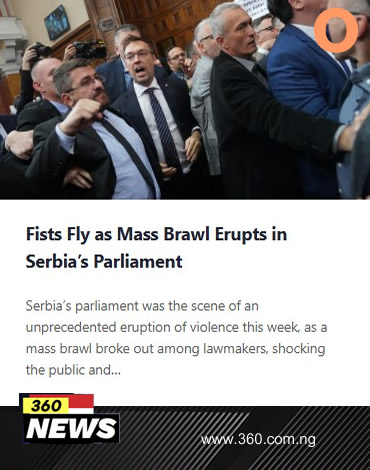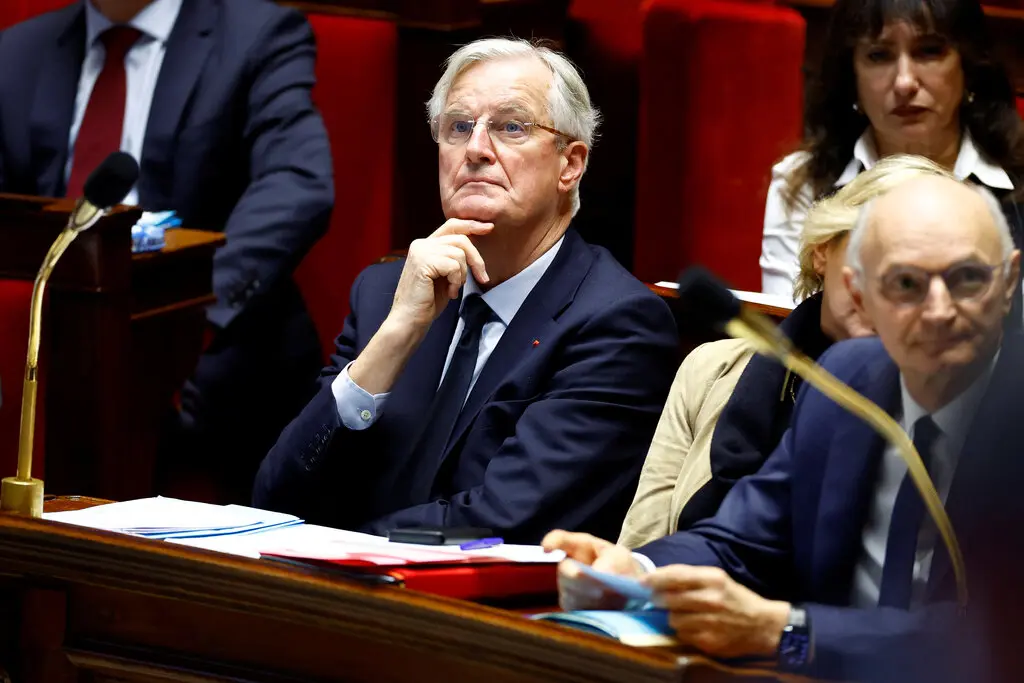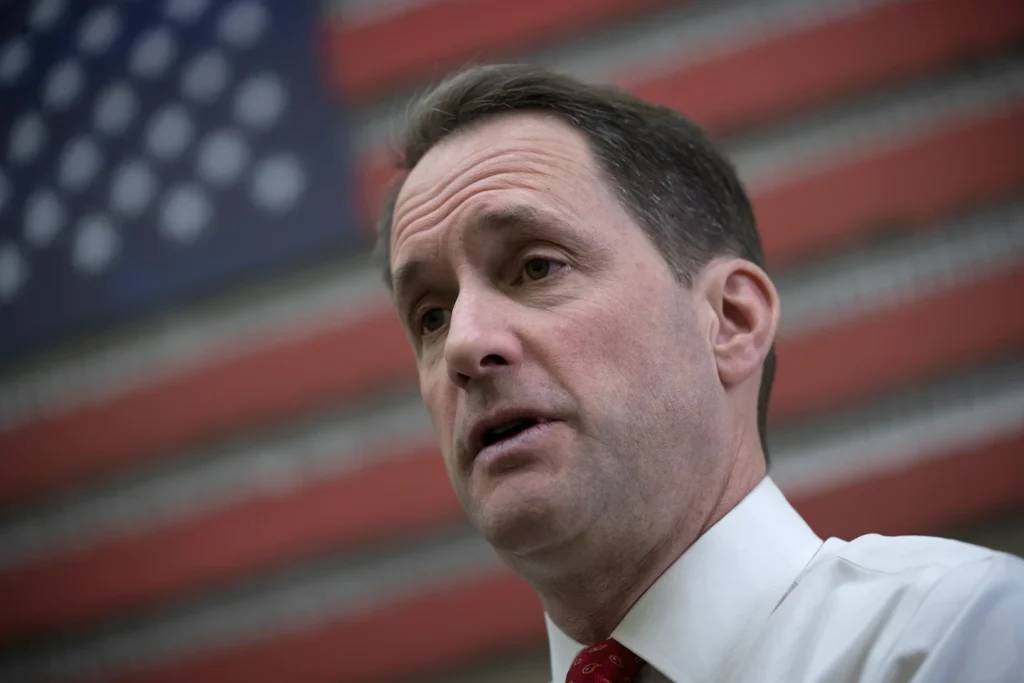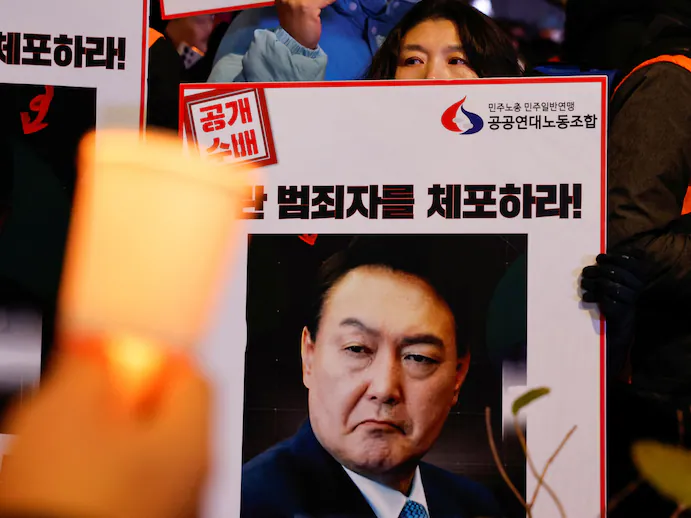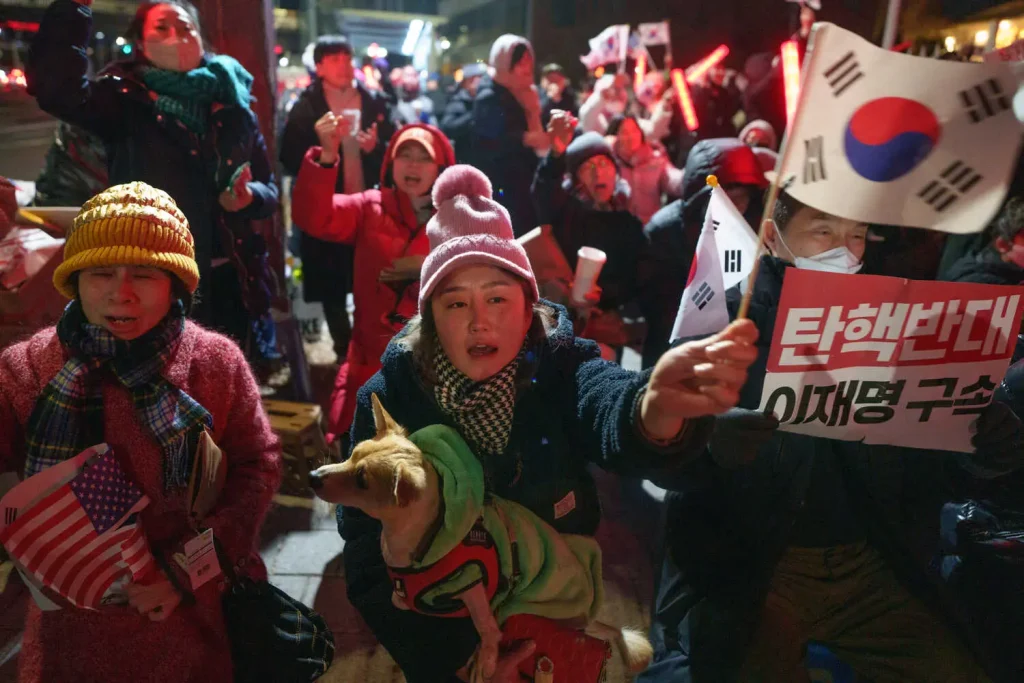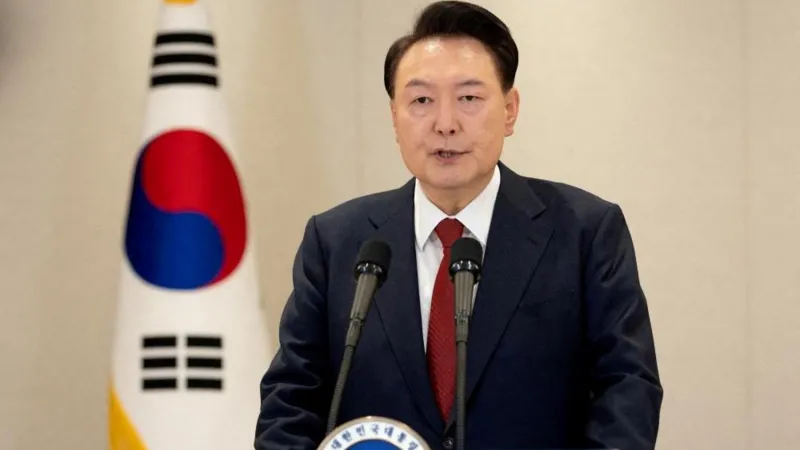Fists Fly as Mass Brawl Erupts in Serbia’s Parliament
Serbia’s parliament was the scene of an unprecedented eruption of violence this week, as a mass brawl broke out among lawmakers, shocking the public and drawing international attention.
The altercation, which involved a chaotic clash of fists and heated exchanges, occurred during a tense session where debates over contentious legislation had already escalated the atmosphere.
The violence was a shocking display of the deepening political divisions in Serbia, where tensions between government supporters and opposition factions have been intensifying.
The Incident: Chaos in the Serbian Parliament
The incident occurred during a parliamentary session that had already been fraught with tensions. As the session unfolded, lawmakers from opposing sides exchanged harsh words, accusing each other of corruption, mismanagement, and undermining the country’s democratic values.
The debate had been about a proposed set of controversial reforms that would impact everything from media freedom to judicial independence, sparking fierce opposition.
Things took a dramatic turn when an argument between two rival factions quickly escalated into physical violence. Fists flew, and chaos ensued as lawmakers pushed, shoved, and swung at one another.
Television footage from the session captured moments of pure mayhem, with parliamentarians scrambling to break up the fight while others continued to engage in physical confrontations.
The incident was a jarring and alarming moment for a country already grappling with political instability and public disillusionment.
Security personnel were forced to intervene as the situation spiraled out of control, with several lawmakers being escorted out of the chamber to restore order. It took several minutes for the situation to calm down, and the remainder of the session was abruptly suspended.
Lawmakers later gathered outside the parliament building to give statements to the press, further escalating the political drama and leaving many questions unanswered about the underlying causes of the conflict.
The Root Causes: A Deepening Political Crisis
The brawl in Serbia’s parliament is not an isolated incident, but rather the latest manifestation of the country’s increasingly polarized political landscape.
Tensions between the ruling government, led by President Aleksandar Vučić and his Serbian Progressive Party (SNS), and opposition parties have been steadily rising.
The ruling party has faced repeated criticism for its centralization of power, weakening of democratic institutions, and suppression of opposition voices.
On the other hand, opposition groups argue that the government is growing more authoritarian and less responsive to the needs of the people.
The specific issue that triggered the brawl was the government’s controversial package of legislative reforms, which critics claim threatened the independence of the judiciary and the freedom of the press.
These proposed reforms are seen by many as part of a broader effort to consolidate power and undermine democratic checks and balances.
Opposition parties have been vocal in their rejection of the reforms, calling them an attack on Serbia’s democratic integrity and urging citizens to mobilize in protest.
Serbia’s civil society has become increasingly vocal in its opposition to the current government, staging numerous protests in recent years.
Demonstrations have focused on issues ranging from government corruption and media censorship to the lack of accountability and transparency in public life.
These protests, combined with growing dissatisfaction with the political elite, have created a volatile atmosphere that was evidently on display during the parliamentary brawl.
The International Implications
The violent altercation in Serbia’s parliament has raised alarm within the international community. Serbia, as a candidate for European Union (EU) membership, is under increasing scrutiny from European officials, who are concerned about the country’s democratic backsliding and the erosion of the rule of law.
The EU has long encouraged Serbia to align its policies with European standards, including the protection of democratic institutions, freedom of the press, and the independence of the judiciary. However, incidents like the parliamentary brawl only serve to cast doubt on Serbia’s commitment to these values.
The violence in the Serbian parliament also has broader implications for the region. Serbia, while not part of NATO, plays a crucial role in the political and security dynamics of the Balkans.
As the largest and most influential country in the region, Serbia’s political stability—or lack thereof—directly affects the surrounding nations.
The EU and the United States have invested significant diplomatic capital in encouraging stability in the Balkans, particularly in light of ongoing tensions between ethnic groups and regional disputes.
A shift toward more authoritarian politics in Serbia could destabilize the region and reverse progress made in post-conflict reconstruction.
The Reaction: A Divided Response
Following the brawl, the reaction within Serbia has been deeply divided. Supporters of the ruling government, including many lawmakers from Vučić’s party, have downplayed the incident, dismissing it as a one-off occurrence and blaming opposition leaders for provoking the violence.
They argue that the chaos in parliament is a reflection of the opposition’s inability to engage in constructive debate and their frustration at losing political influence.
On the other hand, opposition parties have seized on the incident as a symbol of the government’s growing authoritarianism and disregard for democratic norms. They have accused the ruling party of stoking divisions and fostering an environment of political violence.
Some opposition leaders have even called for the resignation of key government figures, including Vučić, citing the incident as proof of the government’s inability to control its ranks and maintain order in the country’s institutions.
The brawl has also sparked widespread condemnation from various civil society groups and watchdog organizations, who have called for an independent investigation into the events and for measures to ensure that such violence does not occur again.
There are also calls for the restoration of basic parliamentary decorum and for the government to demonstrate more respect for the democratic process.
A Warning Sign for Serbia’s Future
The eruption of violence in Serbia’s parliament is a warning sign of the country’s deteriorating political climate. While it remains to be seen whether this incident will have long-lasting repercussions, it highlights the deepening divisions in Serbian society and the growing frustration among opposition forces.
The political infighting and the resort to violence in the halls of power are indicative of a country struggling to maintain democratic norms in the face of rising authoritarianism.
For Serbia’s citizens, the parliamentary brawl is a stark reminder of the challenges the country faces as it seeks to align itself with Western values while balancing its historical ties to Russia and other non-EU allies.
As the political crisis deepens, it is clear that Serbia’s path to EU membership and broader regional stability will be fraught with challenges.
Whether or not the country can overcome these challenges and restore faith in its political institutions will depend largely on the actions of its leaders in the coming months.
In conclusion, the mass brawl in Serbia’s parliament serves as a poignant reflection of the country’s political instability.
It is a moment that will likely shape the future trajectory of Serbia’s democracy, its relationship with the EU, and its place within the broader Balkans region.
The violence underscores the growing polarization within Serbia and the fragile state of its political institutions, making it a critical moment for both Serbian politicians and the international community to take action to restore order and preserve democratic values.
Picture News
